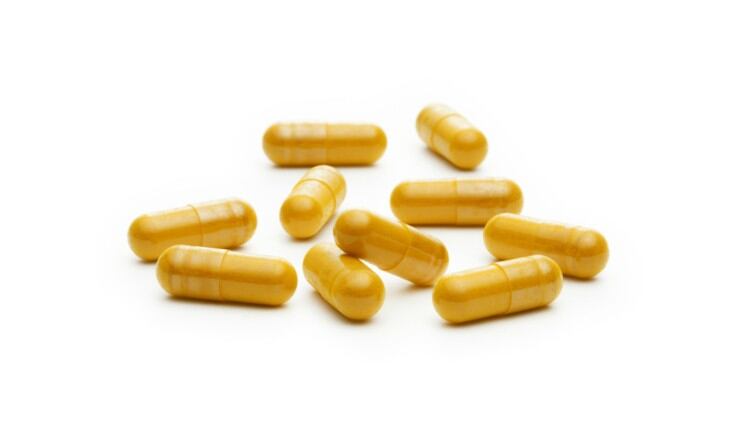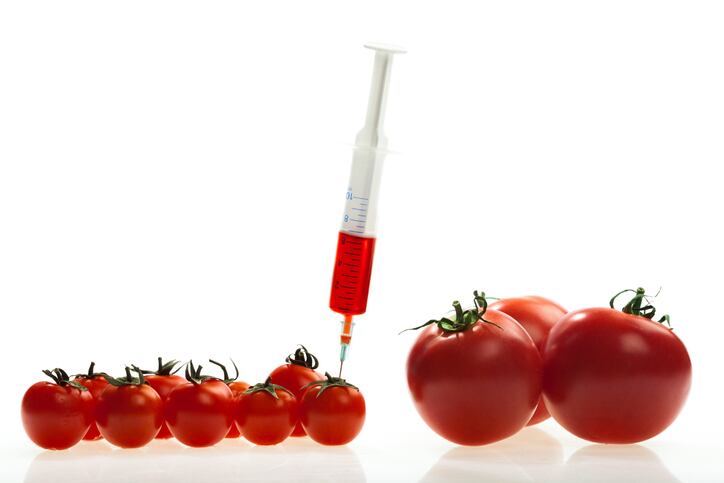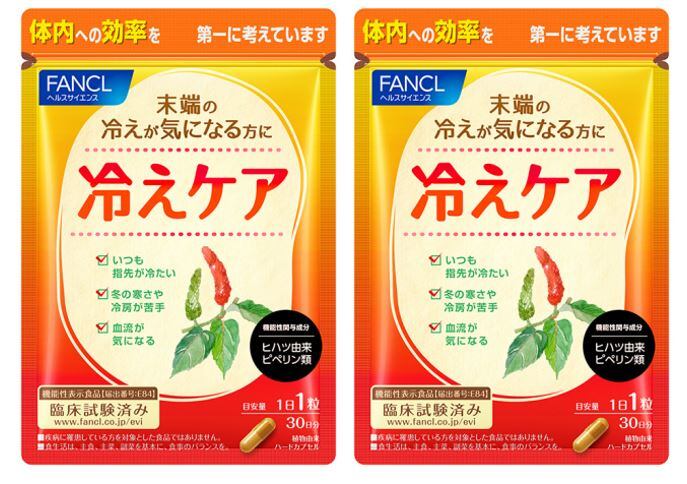The results from the solubility test suggested that people may not be absorbing the right amount of nutrients as advertised on the supplement products.
According to Hisaaki Kato, president of consultancy firm Smooth Link, the NCAC have announced the results to alert consumers that the quality of certain supplements may not be as reliable as it seems.
NCAC had conducted this market test to investigate the quality of supplements, such as absorption rate, functional substance contents as indicated, or if products were contaminated with microbes or heavy metals. This test is usually used for pharmaceutical products.
In Japan, supplements are classified as food items. While they are required by the Consumer Affairs Agency (CAA) to display nutritional information on supplements with Food with Nutrient Function Claims (FNFC), and Foods with Function Claims (FFC), they are not subject to the strict requirements as pharmaceutical products, and do not need national government permission to go on sale.
Market survey
From September to October last year, NCAC selected 100 products from 10 common categories of supplements ranging from multi-vitamins, GABA, black vinegar, kozu, enzyme, HMB, lutein, lactic acid bacteria, glucosamine, DHA, EPA to CoQ10.
These categories were chosen based on a consumer questionnaire survey conducted in the Tokushima prefecture, where they were found to be the most commonly accessible products in stores and e-commerce.
For each category, 10 brands were selected.
The products selected were meant to be swallowed (e.g. tablets, capsules), and those to be crunched were exempted.
Disintegration and functional substance test
According to NCAC, pharmaceutical products in the form of hard and uncoated tablets must dissolve in water within 30 minutes. Those coated in sugar or other solutions must be broken down within 60 minutes, while capsules are given just 20 minutes.
Kato explained the reason for a disintegration test: “For drugs in tablet and capsule forms, disintegration test is required to confirm the release of active compounds from formulations and absorption from the gastrointestinal tract.”
The disintegration test showed that 42 products out of 100 did not dissolve within the specified period of time defined for pharmaceutical products.
According to the test, uncoated tablets performed the worst in the solubility test where 14 of the 26 products did not break down in time.
The amount of functional substance for 50 brands were also measured. Of which, two brands were found to contain smaller amount of functional substances than the labelled amount.
The results also found variation between amount of functional substance per unit of maximum allowable daily intake between brands.
In particular, the amount of GABA and lutein per unit widely varied depending on brands. For GABA, the largest amount was about 15 times of the smallest amount, and about 27 times in the case of lutein.
According to Kato: “Many of such health foods may have variation in quality because these are not regulated by mandatory manufacturing management standards and quality test methods, unlike pharmaceutical products with Japanese Pharmacopoeia and GMP.”
He told NutraIngredients-Asia: “Many of these products are sold as capsules or tablets, so consumers may perceive that they are the same as medicines; especially in quality-wise.”
However NCAC warned: “It's not always the case that supplements are of the same quality as medicinal products.”
Consumer questionnaire survey
In a separate online survey conducted during the same period last year on 10,168 consumers, 74% of respondents said they believed supplements were rigidly manufactured and in good quality.
About 9% of respondents reported abnormality in quality when unpacking or using the products.
Consumers in Japan said they took health foods to supplement nutrients (25%), and for curing or alleviating symptoms (20%).
About 8% of consumers did not know how to distinguish health foods from pharmaceutical products.
Industry voices concerns
While the industry was conflicted with the test results, some organisations have responded by saying that the disintegration tests should be made mandatory. For example, Japan’s industry body, the Health and Nutrition Food Association said it would proceed with the tests, but develop its own standards.
On the other hand, the Japan Alliance of Health Food Associations reported in Mainichi Japan that it opposed the way the tests were being carried out, “It makes it appear that they (supplements) must be judged on the same level as drugs, which causes consumers to misunderstand the differences."
Even though there were strong objections for conducting pharmaceutical-class tests for these health foods, Kato stressed: “It is out of the question that nutrients and functional ingredients are not absorbed into the body, so the industry is moving in this direction.”
He expressed, “It will be required to set industry standards for improving the quality of health foods to gain the reliability of consumers.”
The NCAC has requested relevant businesses to improve the quality of their products such as formulating standards so that the products will be manufactured with a certain level of quality. It also requested the government to take measures so that a certain quality level of the products will be ensured and maintained.




